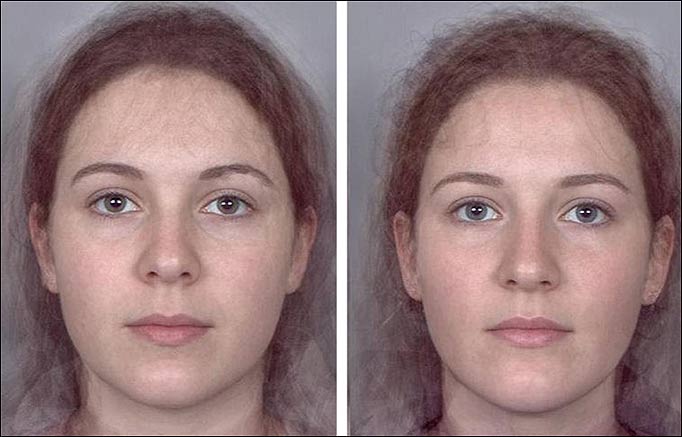Je t’aime.
In one video, the artist stopped people in the street and asked them to look into the camera and say ‘Je t’aime’ (I love you). Her subjects found it so difficult. Their body language was so defensive. They laughed, looked away, crossed their arms, shuffled their feet, lit a cigarette. Some just couldn’t do it at all. Just three words, but these three words carried such heartfelt hope and desire that uttering them, even to somebody they had not met before and would not meet again, carried a dreadful risk of rejection and destruction. As they composed themselves to do it, their faces became softer, more child-like, more appealing, more vulnerable. Their gazes lingered on the camera as they tried to assess the risk. It was as if saying I love you stripped away a defensive mask and made them appear loveable. The words meant so much.
So much human expression is defensive posturing. It feels so dangerous to reveal our needs and desires. We need love so much, yet are terrified of its power to subsume all the meaning in our lives and potentially destroy us.’ If we ever doubted love’s affect on the human psyche, just look at these faces. Strangely, it is the men not the women who seemed more vulnerable and frightened. Perhaps they have more to lose.
‘Emportez moi’ (Sweep me off my feet), at the MecVal Centre in Paris, is a brave and powerful evocation of the power of passion to bewitch and destroy, to throw us off balance into the white waters of emotion in ways both wonderful and painful, always at the risk of losing ourselves.
The works include videos on the interplay of harmonised gazes and movements, the tenderness of a caress, the passion of a kiss, the ecstacy of multiple orgasm, the spontaneous lament of lonely men in a late night bar (crying over you), even the poignant tableau of the two parakeets, who died for their love. As mediums for longing, impulses, illusions and abandonments, they express sorrow and solitude as much as they do hope, expectation and ecstacy.
As the programme for the exhibition points out, ‘perhaps the true subject here is the deeply human appetite for encounter; the search, the desire, transport and the vertiginous sensation of possibility.’



